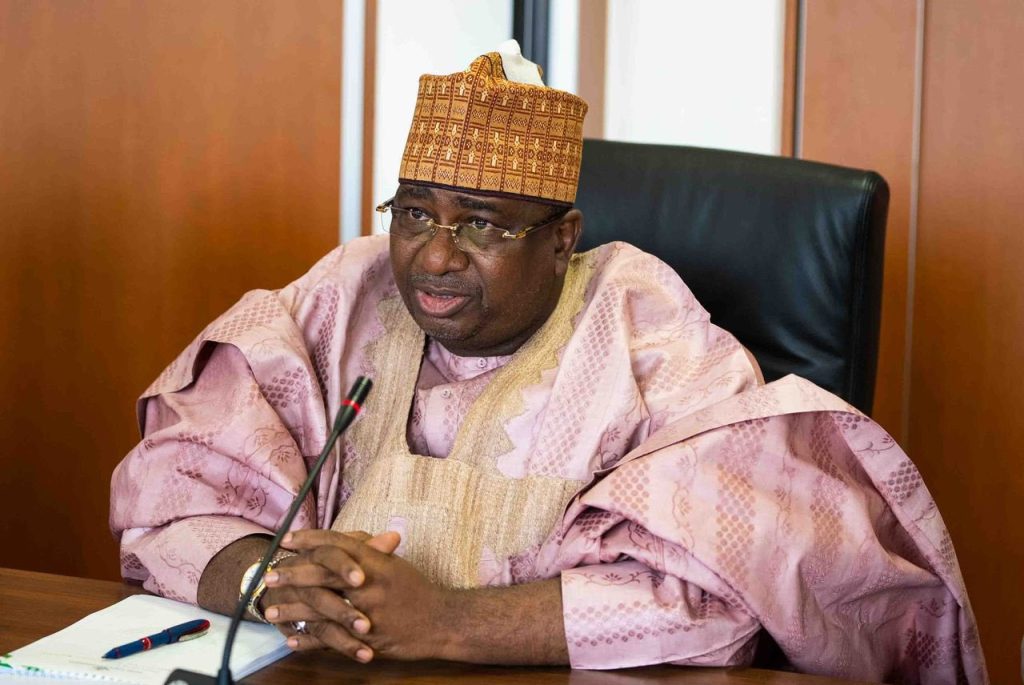The Kebbi State Commissioner for Higher Education, Isah Abdullahi-Tunga, praised the Kebbi State Governor, Nasir Idris, for authorizing more than N967 million to pay for indigenous students’ enrollment fees nationwide.
Speaking at a press briefing on Thursday in Birnin Kebbi, the state capital, the commissioner announced, “Yesterday, March 20, 2024, His Excellency, Dr. Nasir Idris endorsed the support of 20,908 Kebbi State students in 36 higher education institutions across the country.”
Abdullahi-Tunga commended the governor's generosity as evidence of his commitment to guide the youth towards preparing them to become capable and outstanding future leaders.
He explained, “Considering this and in line with His Excellency’s goals in transforming higher education in the state, and his determination to ensure that the youth benefit in the current political era by supporting students within and outside the country for the educational advancement of the state, His Excellency has graciously approved the sum of N967,685,854 million as fees for the 20,908 students for the 2022/2023 academic session.”
While praising the governor for this generous act, the commissioner noted that such kindness would contribute to establishing a strong foundation for the youth in ushering in a new era of leadership.
Discussing foreign students, the commissioner expressed regret that most of them sent overseas to study were pursuing courses that are currently available in Nigeria.
He recommended that students should only be sent abroad to pursue courses that are not readily available in Nigerian universities, and added that it was not wise to sponsor students to go abroad and study courses available in the country.
On Thursday, the state governor initiated the distribution of over N12 billion worth of various grains as Ramadan relief to residents.
From the Ramadan relief, 9,900 bags of rice and 9,500 bags of grains will be allocated to teachers, 4,000 bags of rice and 3,400 bags of grains will go to the state’s ministries, departments and agencies, while 1,000 bags of rice and 1,000 bags of grains will be given to Islamic scholars, among others.



